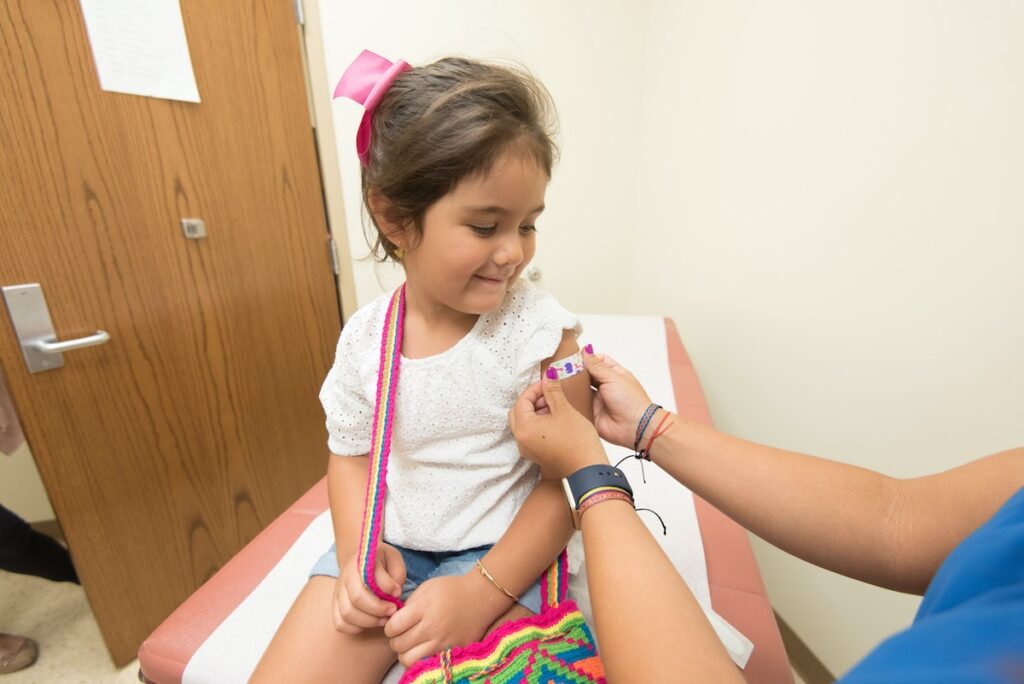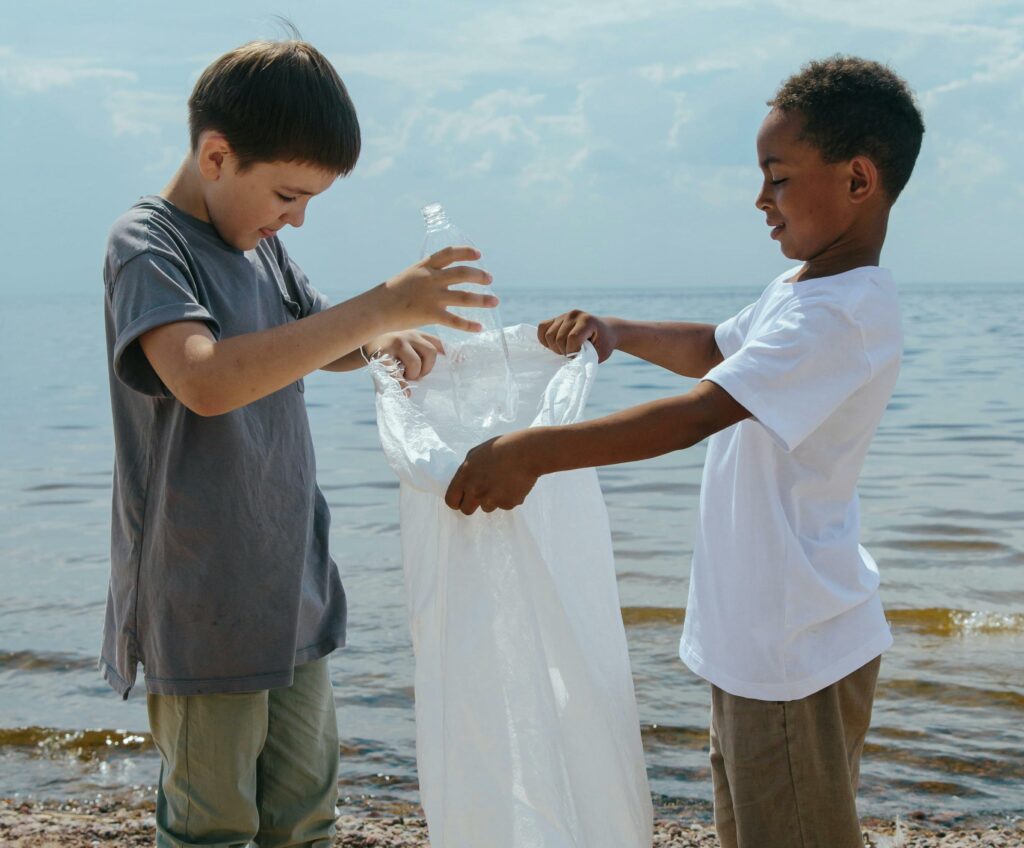Having a new baby can be a joyful time for older siblings, but it also can bring a lot of mixed emotions.
If your child is sensitive to change, this transition may be challenging for them. Some may feel jealous, resentful or threatened by someone new who is taking up their parents’ time and attention. They also may struggle sharing if the baby takes over their room or uses their old crib or baby toys. Even children who are generally excited or happy about the baby may still struggle at times with the change.
Making sure your older children feel loved and special to you is one of the most important things you can do to help them through this transition. Below are some ways to do that and to help them feel involved both before and after the baby arrives.
Preparing Older Siblings Before the Baby Arrives
Read Some Books: There are many great children’s books that help prepare siblings for baby’s arrival and how life may be a little different for a while. For young siblings, simple picture books can help them understand a baby is on the way. For older kids, there are many books they can read about what life will be like with a baby. They can help go over things such as being quiet for naps, diaper changes, reasons babies cry, and what babies eat. Books about being a big brother or sister also can help them get excited about their new role.
Take a Class: Some hospitals offer sibling classes. These help kids of various ages learn about what to expect with a new baby. These classes also can help them feel special as a new brother or sister.
Let Them Help: You can help your children feel involved and important as a big bother or sister by inviting them to help you plan and prepare for the baby. Let them help you pick out clothes or prepare the baby room with you.
Plan Major Changes Before Baby’s Arrival: Timing too many big changes at once can be overwhelming for children. For example, if you plan to transition your child out of a crib or to potty train, it’s best to do so before the baby arrives. Or, wait until the baby is settled in the house before making big changes.
Go Over What to Expect: It’s important to prepare your child for what will happen when it’s time for the baby’s birth. If you expect to be separated from them for a while, make sure they understand the plan. Let them know they will get special time with a grandparent or another special adult and that you will be back together soon after the baby arrives. Try and plan something special for them while you’re apart where they can go or do a fun activity.
After Baby Arrives
Meet the Baby: Introducing siblings to the new baby is one of the sweetest times. If possible, have your child meet come to the hospital soon after the baby is born to have special time with their new sibling and have a positive first experience.
Get them Something Special: You can mark the occasion and help them feel special by giving them a gift, such as a stuffed animal or toy. A baby doll can also be a good gift for a young child so they can take care of their baby doll while you care for the baby.
Settling Into a New Normal at Home with the Baby
Set Aside Time: New babies need a lot of time and attention. However, it’s also important to set aside some one-on-one time each day with your older child. Let them choose the activity, read a book, or simply talk and give them your undivided attention.
Give them a Role: Kids often enjoy being helpers and having a role in caring for the new baby. Young siblings can help grab diapers or pick out outfits. Older children can help you bathe the baby or gently brush their hair. Remember to praise them when they are gentle and kind towards the baby.
Have visitors focus on the big kids too: Older siblings can feel left out when visitors give all their attention to the baby. So, when relatives and friends come to see the baby, ask them to also spend time with your older child. Have them read a book or do an activity together. If they are bringing a gift for the baby, you may hint to them to bring a small gift for the big kid too.
Regression in Young Siblings: It’s normal for younger children to regress a bit when a new baby arrives. For example, they may suddenly start having potty accidents after a long period of no accidents. Or, they may start waking up at night or asking for a bottle like the baby. Give your child some extra attention and be patient with them as they adjust. Acknowledge and praise them when they do big-kid things to reinforce that behavior, and they’ll soon be back on track.


